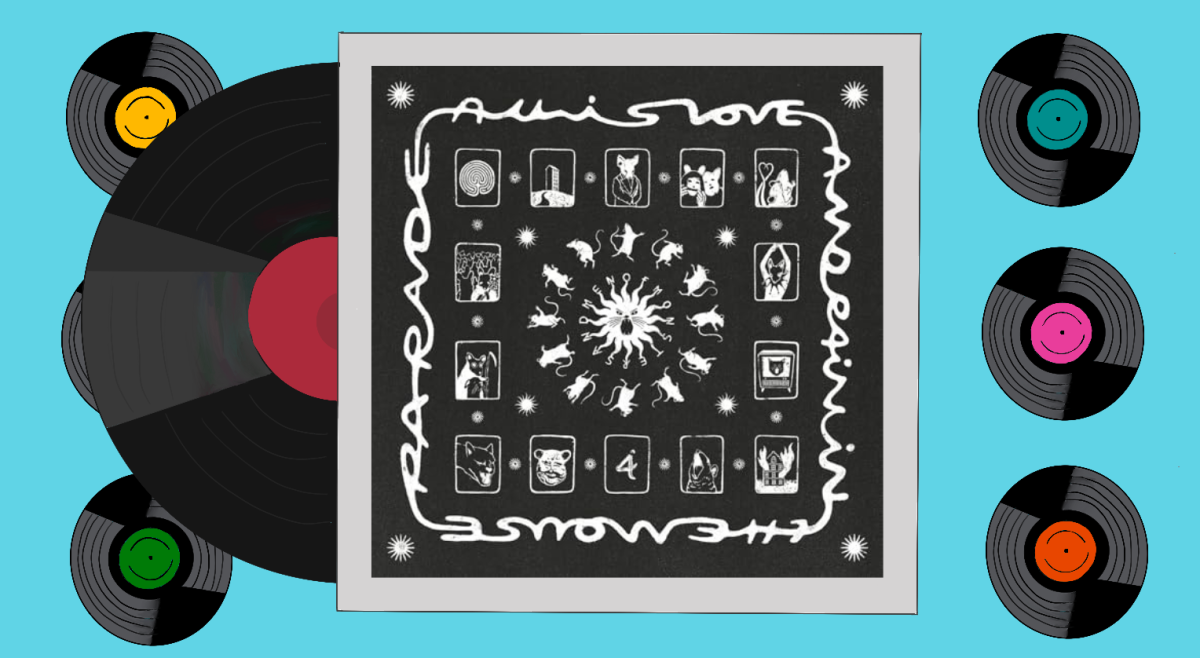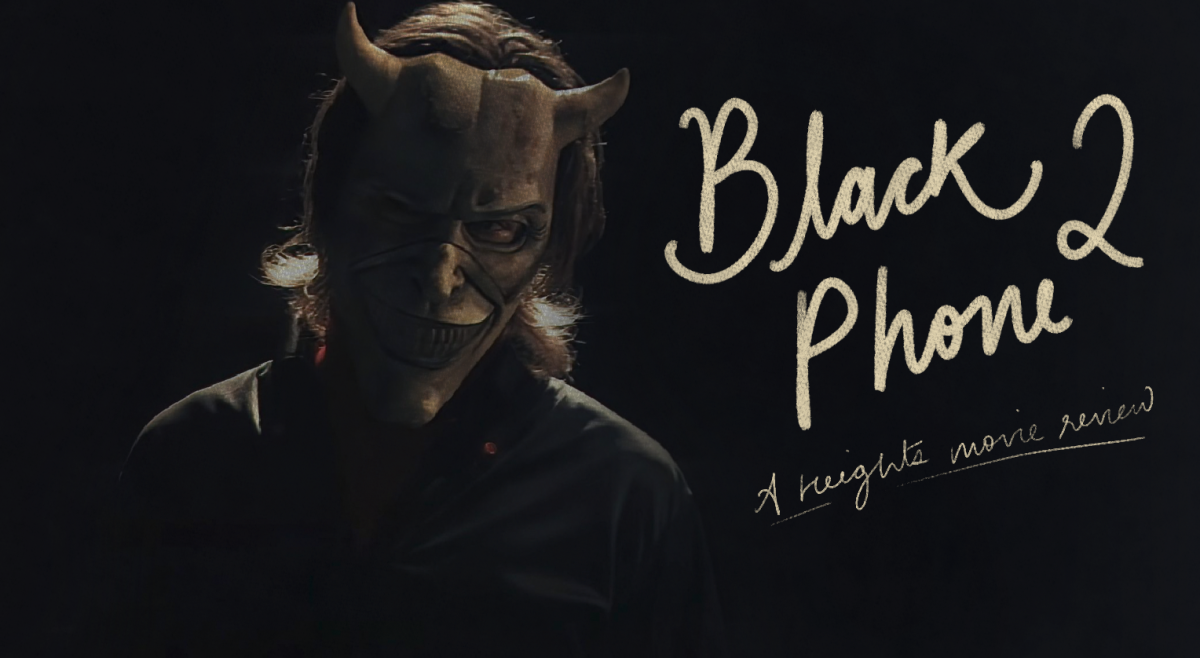
For the noncommittal music-goer in your life, The New Pornographers offer something strikingly unique and initially off-putting, an album that presents all the elements of a concept album without actually being one. Returning for their eighth studio release, In the Morse Code of Brake Lights is only the second album from The New Pornographers since the band decided to cut ties with Matador Records and instead release from their own label, Collected Works Records, with some distribution help in the United States by Concord Music Group.
Following this transition, The New Pornographers find themselves testing the waters yet again, after a disappointing drop in the charts with their latest Whiteout Conditions only peaking at No. 35 in the United States in 2017 following well-received Brill Bruisers, which climbed the charts to No. 13 in 2014. Seeking a bold return to mainstream relevance, the Canadian supergroup is now eager to to spark dialogue on what appears to be a crumbling society.
Unfortunately, their roundabout way of doing so detracts from their message’s ability to shine through. Toggling back and forth between power pop and melancholic rock, The New Pornographers struggle with consistency on Morse Code. And while a solid and singable hook is anything but unexpected for the group, it cannot reclaim the seemingly shallow attempt at narrative that the album has to offer.
While the album itself falls short of its ambitious goals, several tracks offer a sufficient recovery. When explaining the inspiration behind the album’s single, one of the few original group members—singer, songwriter, lyricist, and now producer—Carl Newman told Pitchfork about how “Falling Down the Stairs of Your Smile” aims to question how ideals such as love and happiness are attainable in the modern world.
“When current events are stressful, that makes a stress on people’s relationships, and you’re trying to figure out how to be happy in this loving relationship in this world that seems ugly at every turn,” he said.
A well-intentioned, mellow addition, “Falling Down the Stairs of Your Smile” achieves what the rest of the album only attempts: That delicate balance between catchy and purposeful.
Inconsistency was a far too prominent evil that continued to impact the album despite its standouts. Transitioning abruptly from the soft, contemplative, and ultimately insightful “You Won’t Need those Where You’re Going” to the synth-infused, upbeat “Need Some Giants,” it’s almost like The New Pornographers can’t make up its mind. On an album that seems overrun with automobile allusions and car-song rhythms, it is difficult to determine whether or not the band wants to run away or sell you a Ford Focus.
The album does manage to offer distinctive highlights, such as the previously mentioned single, along with falsetto-driven “Dreamlike and on the Rush,” which couples a piercing string quartet with haunting harmonies. Pointed and intentional, The New Pornographers—while remaining airy and light—serve a taste of opinion with the line, “Anger has a momentum of its own / Call it up from the minors, it’s going into the show,” the only time we explicitly know what the group is feeling. And while implicit emotion is an essential aspect of any well-produced album, to be questioning how you’re supposed to be feeling for the majority of the album serves as testament to a more deeply ingrained flaw.
There’s certainly a lot to decode In the Morse Code of Brake Lights. Whether or not it should be summed up to an overused metaphor or lyrical poetry is only to be determined by the listener. The tragedy, however, lies in instability.
For those seeking momentary intent, the album is worth a listen. Keep in mind, Morse Code is not a concept album—not because it doesn’t have the potential to be one, but because it only narrates half a concept. Maybe Morse Code just isn’t sending the right signals, but The New Pornographers will have to offer more than a vision if it wants to double dip into hooky pop and pensive rock. Regardless, Morse Code is guaranteed to offer distinct renditions and interpretations for each playback, considering you’re committed enough.
Featured Image by Collected Work Records



















